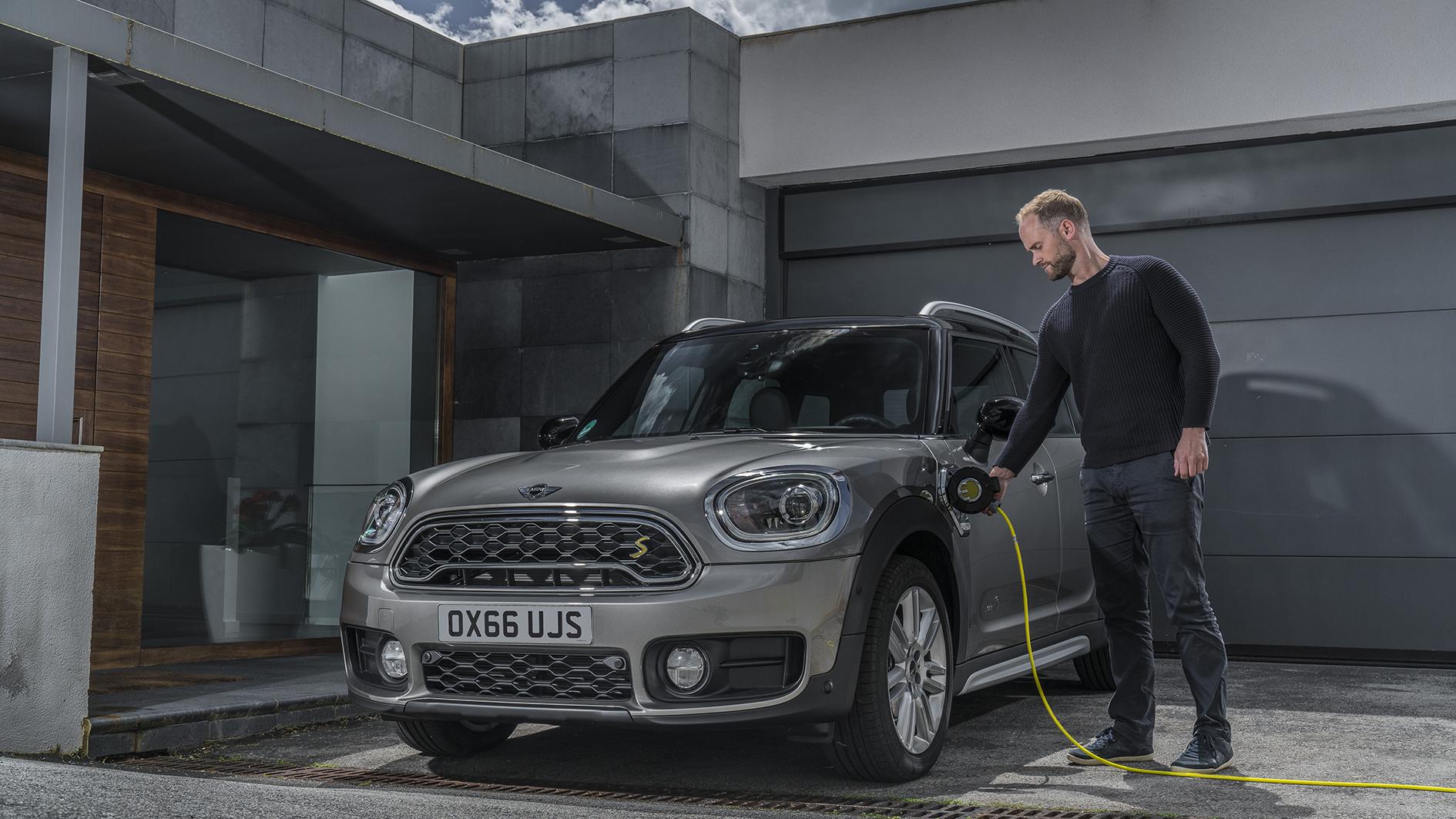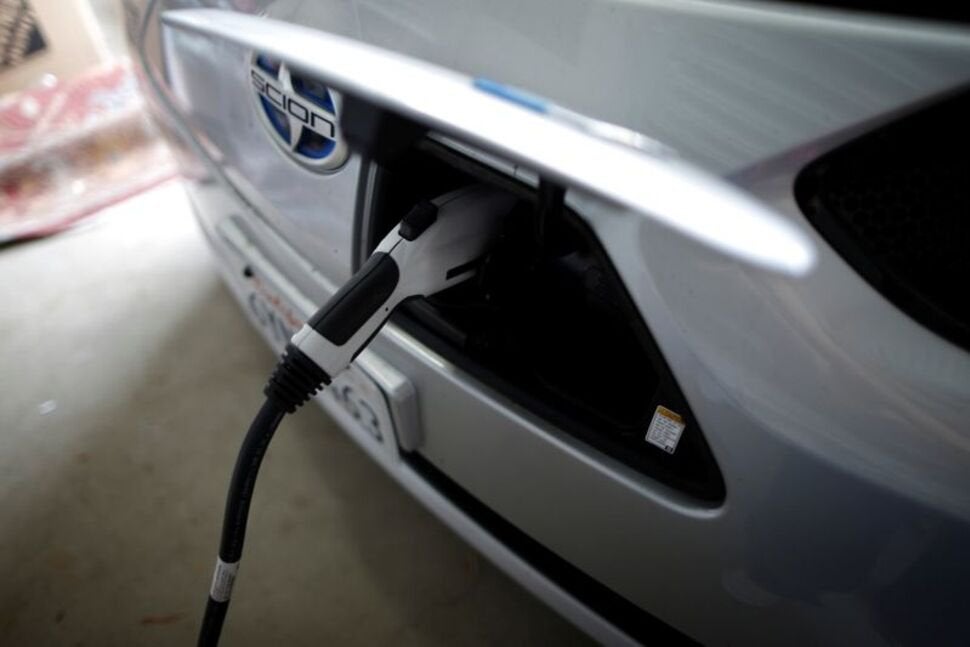
Non-hybrid cars have the best gas mileage. These cars also offer a lot in terms of style and comfort. There are many choices to choose from, whether you are looking for a family sedan, small pickup truck or luxury car. These are the ten best.
The Hyundai Elantra Hybrid Blue boasts some of the highest fuel economy. Although it isn't a luxury vehicle, the Elantra Hybrid Blue has the best fuel economy on the market. It's also the first vehicle to surpass the 52-mpg mark. The Elantra's affordable price tag, spacious interior, and ample cargo space make it a great choice for anyone looking to buy a car.

Honda Accord hybrid is a classic. The popular midsize sedan comes in both gasoline and hybrid versions. If you're looking for Prius like fuel economy and economy, then the latter is the right choice. The sedan has a 192-hp turbocharged four-cylinder, and you can get a CVT gearbox for a few extra bucks. The base Accord is capable of driving 488 miles according to the EPA, while the hybrid can get 10 more mpg over the highway. The hybrid's battery is placed under the back seat, which helps to reduce weight bias. The interior is sporty and well-designed, with top-notch safety features.
Toyota Corolla Hybrid shares the same engine powertrain as Prius. The Corolla is an excellent, affordable alternative for those looking for reliable transportation. The LE Eco model features a 6-inch touchscreen infotainment screen, automatic climate control, aerodynamic components, and a 6-inch touchscreen. The LE Eco models include a six-speed manual transmission. The Corolla's hatchback body is a great combination of practicality and good fuel economy. The car's interior is also top-notch, with plenty of room for passengers, as well as an easy-to-use infotainment system.
The Mirage G4 compact sedan is a great choice if you are looking for an economical, fuel-efficient option. This affordable car comes with an electric motor, which gives it a combined mileage of 35 MPG. The hatchback bodystyle allows you to haul five passengers or a cargo. The base sedan's 1.2-liter, 378-hp engine is also very efficient. The base sedan averages 36 mpg on the streets and 41 in the highway. The EPA-estimated fuel mileage for the base sedan is 30 mpg in city, 38 mpg on the highway if you choose the CVT transmission.
Another popular hybrid has left the market, the Hyundai Ioniq. It is not as efficient as the Prius but it is better than the Honda Insight. The Ioniq costs less than the Prius. The Ioniq is no longer available, but the Corolla has a combined EPA-estimated fuel economy of either 50 or 54 mpg.

The Ford Escape PHEV is another option for those seeking a compact SUV. This hybrid features an electrified CVT gearbox and a 14.4-kWh rechargeable battery. It also has an electric motor. It can achieve 40 mpg on an initial charge and 37 miles of all electric driving. The hybrid can be used to charge the battery by using brakes.
FAQ
What does it take for a mechanic to be a good one?
To become a skilled mechanic, you need years of experience and practice. The best way to learn how to repair cars is by working under the supervision of a professional mechanic.
You will be required to spend time at a car garage learning as much as you can about cars. You'll need to study mechanical engineering books on mechanics and car design.
Furthermore, you'll need to enroll in auto school.
It is important to get started early. To learn about automotive technology, don't wait to be older. Do you want to be a mechanic? Get started today!
Is it worth learning to be a mechanic?
The answer to this question will depend on your goals for life. If you are looking for financial gain, then yes. However, if purpose and meaning are what you seek, then no.
If you don't have any mechanics skills, then there's no point getting into it because you'll just end up wasting time. It won't make you wealthy. You won't become famous. It is unlikely that you will be made famous.
This would require you to spend many years learning how to properly do everything. Also, you would need to hire someone else to fix it if it broke down. It's the reason most people don't bother. They find something else to do.
Summarising, if your goal is to make lots of money, go for it. If you are looking for a fulfilling life, however, then stay clear of the mechanics' industry.
What length is an automotive course?
An automotive course lasts 3 years.
The first year of your training is devoted to theory. You will learn all about cars. The second year is spent on practical training where you learn how to drive, fix engines, and do other mechanical jobs around the car. The final year includes a placement at an auto shop. This gives you real-world experience fixing real problems.
What qualifications do you need to be a mechanic?
A series of tests is required to be a mechanic. These exams include:
-
A general knowledge test
-
A practical exam
-
An apprenticeship test
These tests are intended to make sure you have a solid understanding of the basics of mechanics before you can start your career as a mechanic.
Once you pass these tests you can become a mechanic. However, you'll still need to complete an apprenticeship. This will involve training in your trade.
To fully understand the mechanics of vehicle repairs, you'll need workshops and classes. Working alongside skilled mechanics is also a must.
To be a successful mechanic, you will need to have a high degree of concentration and attention. You will need to pay careful attention to every aspect when repairing vehicles.
To become a good mechanic, you need patience and persistence. If you don’t love to follow instructions, this may not the right career path.
You could make a great career out of your love for cars and the work that goes into fixing them.
How do I fix my car for a hobby?
If you are interested in cars, why not take it on as a hobby? You can learn to fix them, buy them parts, and even sell them. This would be a wonderful hobby if you're looking to find something completely different.
However, it's not easy to turn this into a full-time career. This requires dedication and hard work. Also, you will need to put a lot of money into it.
So unless you have a good reason for wanting to get involved with cars, then it might be best to leave it alone.
To work as an automotive mechanic, do I need a degree? Can I do part-time studies?
It is not essential, but it is helpful. Employers prefer candidates who have completed a full degree. It shows you are dedicated and have worked hard to achieve your goals.
However, it doesn't mean you can't still work while studying. Many universities permit students to take courses during the summer holidays, and then finish their studies in the fall. Students can also take classes part time throughout the academic year.
Statistics
- There were 749,900 jobs available for automotive service technicians and mechanics in 2016, which is expected to grow by six percent through 2026. (jobhero.com)
- 52% of Mechanics in the United States think their salaries are enough for the cost of living in their area. (indeed.com)
- The U.S. Bureau of Labor Statistics (BLS) reports that the job outlook for automotive service technicians and mechanics is expected to decline by 4% from 2019 to 2029. (indeed.com)
External Links
How To
How to properly diagnose and repair your vehicle
You should first examine the symptoms your car is showing to determine if it requires repairs. Then, follow these steps to diagnose your vehicle properly.
-
Check engine lights. Check the dashboard light indicators such as the engine light indicator, the oil pressure gauge, the battery light indicator, the coolant temperature gauge, and the RPM gauge. If any of them have been flashing for several days, it may mean something is wrong with your vehicle.
-
Check the treads of your tires. If the tires are worn out, they could cause problems with handling and braking. The treads of the wheels should be inspected as well. They should be clean, and they should be smooth. To do this, remove the wheels and take them out. To check the condition of your treads, use a flashlight.
-
Pay attention to the level of your brake fluid. You must always monitor the level of your brake fluid. This will ensure that your brakes run smoothly. If your brake fluid level is low they might not work properly when you apply pressure.
-
Check the suspension system. A suspension system is designed to absorb vibrations and shocks. It allows for better control, smooth acceleration, and deceleration. It might feel uncontrollable or wobbly if your vehicle is suffering from a suspension problem. Try putting some weight on your front or rear axle to determine if you have a suspension problem.
-
Examine the steering wheel. Steering columns connect the steering wheels to other parts of the vehicle. Accidents often damage steering columns. You should replace the steering column if it is loose or weak.
-
Pay attention to the exhaust pipe. The exhaust pipes transport gases from the combustion chamber to outside. You can let harmful fumes into your home if your exhaust pipes crack or leak. If your tailpipe bends, it is important to fix it immediately.
-
Look under your hood. Take a look underneath the hood to find any strange or unusual items. Leakage of fluids in your engine could indicate that it is leaking. A professional technician should be contacted if your engine compartment emits an unusual smell.
-
Check the air filter. The outside environment collects dust and other particles in the vehicle's filter. A dirty filter can lead to a poor vehicle's performance. Replace your air filter regularly.
-
Verify the fan belt. Your vehicle's fanbel connects the engine and transmission. The engine will not turn if the fan belt breaks. Replacing the belt is simple. You only need a screwdriver or pliers to replace your belt.
-
You should inspect the radiator and hoses. The radiator hose carries water from the radiator to the engine. It can cause hot liquid to leak onto the engine if it is damaged or cracked. You only need a pair of needle-nose pliers and a small wire brush to repair the hose.
-
You should inspect the windshield wipers. Windshield wipers use electricity to wipe away rain and snow. If they stop working they could leave streaks behind on your window glass. Change the washer fluid to fix the problem.
-
Verify the condition of your battery cables. The battery cables supply power to your car's electrical systems. When you replace batteries, make sure to disconnect the negative cable first. Failure to do so can damage your alternator.
-
You should check the headlights. The headlights provide illumination for the road ahead. If they don't work properly, it can cause poor visibility. To determine if your bulbs are out of date, check them.
-
Always check your lights. If you approach other drivers at night, lights will warn them. You could be distracted and cause an accident if one does not work.
-
Inspect your brakes. Before you have a collision, brakes slow down your car. If your brakes aren't working properly, you may lose control and crash into other cars.
-
Make sure to change the oil. The oilkeeps your engine lubricated. It helps prevent metal parts from wearing out too quickly. Changing the oil every month is recommended.